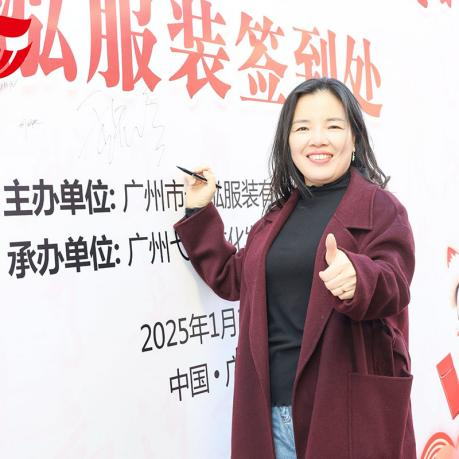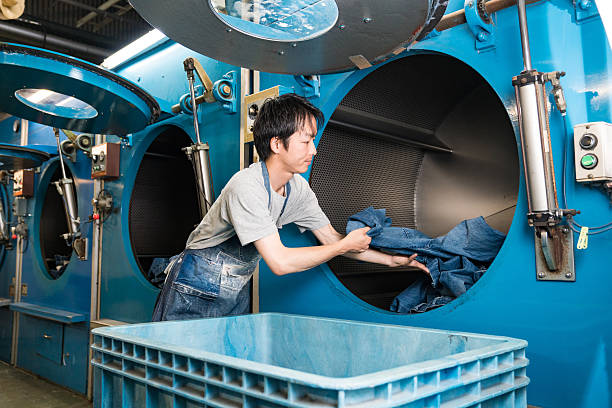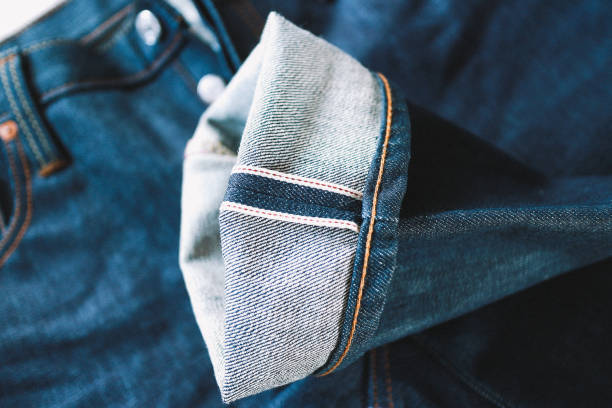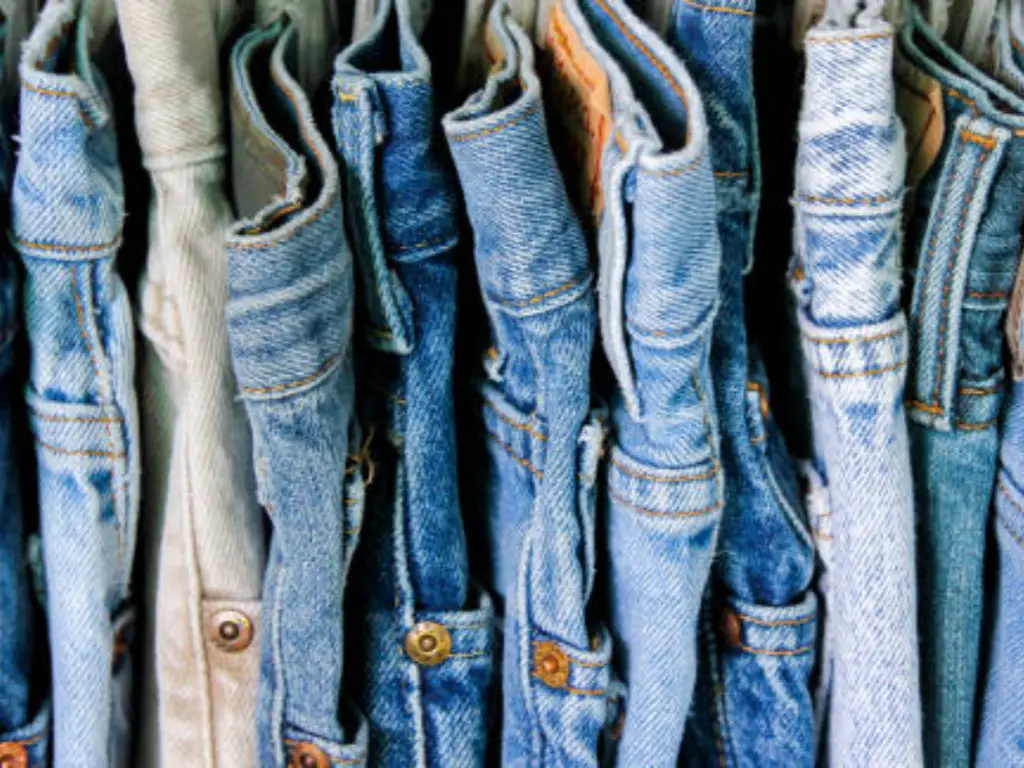Encontrar proveedores confiables de pantalones cortos de mezclilla es una tarea compleja para las marcas y los gerentes de abastecimiento., como estándares de calidad, Flexibilidad de MOQ, y la confiabilidad de la producción varían ampliamente entre regiones. Aprovechando la experiencia comercial práctica, Esta guía proporciona estrategias prácticas para mejorar la eficiencia del abastecimiento y fortalecer el control de calidad., al tiempo que ilustra cómo la elección del proveedor influye en los plazos, márgenes minoristas, y consistencia de marca. Cubre centros de fabricación clave., OEM destacados, criterios críticos de selección, errores comunes, y preguntas frecuentes para ayudar a agilizar la evaluación de proveedores.
Por qué es importante elegir el proveedor adecuado de pantalones cortos de mezclilla
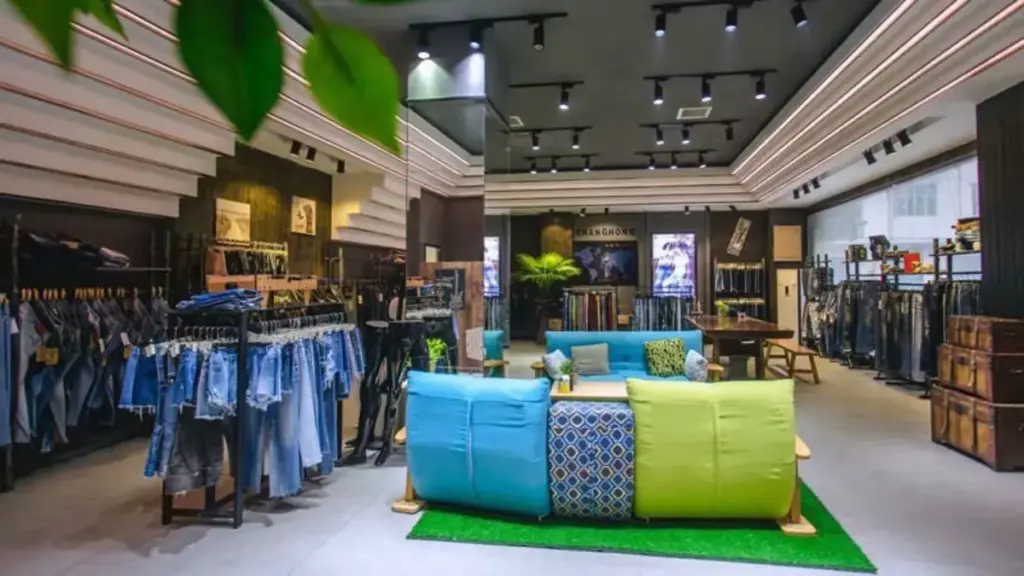
En abastecimiento de mezclilla, Su elección de proveedor influye directamente en la consistencia del producto., capacidad de respuesta del mercado, y percepción de marca. El socio adecuado combina experiencia técnica, entrega confiable, y sostenibilidad validada: elementos críticos para el crecimiento en un panorama de indumentaria competitivo.
Impacto en la calidad del producto y la reputación de la marca
Proveedores que siguen estrictos protocolos de control de calidad, como AQL 2.5 estándares de inspección, Ofrecer ajuste y acabado consistentes en todos los volúmenes.. Las fábricas líderes emplean procesos de lavado con láser y ozono que reducen el uso de agua en aproximadamente un setenta por ciento y, al mismo tiempo, producen productos más limpios., desvanecimientos más duraderos. Las fábricas que utilizan mezclilla hilada en anillos turca o paquistaní mejoran la suavidad y la solidez del color., mejorar la credibilidad de la marca. Las fallas en el control de calidad pueden provocar variaciones de tamaño., deslizamiento del hilo, y mayores tasas de devolución, problemas que rápidamente erosionan la confianza del cliente.
Fiabilidad del proveedor y estabilidad de la cadena de suministro
Los fabricantes confiables a menudo operan instalaciones verticalmente integradas, desde el tejido hasta la costura, lo que acorta los tiempos de entrega y garantiza estándares uniformes.. Programas claros de producción a granel de cuarenta y cinco a sesenta días, apoyado por muestreo responsivo, mantener la planificación predecible. En periodos pico, La capacidad flexible y el seguimiento digital de pedidos combinados con la fabricación eficiente permiten procesar aumentos repentinos de pedidos hasta 25% más rápido, Mantener los niveles de existencias y minimizar las interrupciones del suministro..
Consideraciones de cumplimiento y sostenibilidad
Los compradores esperan cada vez más certificaciones como ISO 9001 para control de procesos, BSCI para prácticas laborales, y GOTS o ENVOLTURA para la fabricación sostenible. La documentación verificada reduce los riesgos aduaneros y abre las puertas a los principales minoristas. Se incorporan socios de primer nivel algodon reciclado o Tencel, tintes biodegradables, y sistemas de agua de circuito cerrado para cumplir objetivos ambientales. No confirmar la validez de la certificación puede dar lugar a envíos detenidos o sanciones de marca., mientras que acreditado, Los proveedores centrados en el medio ambiente fortalecen la resiliencia operativa y la confianza en el mercado mundial de la mezclilla..
Principales regiones para la fabricación de pantalones cortos de mezclilla
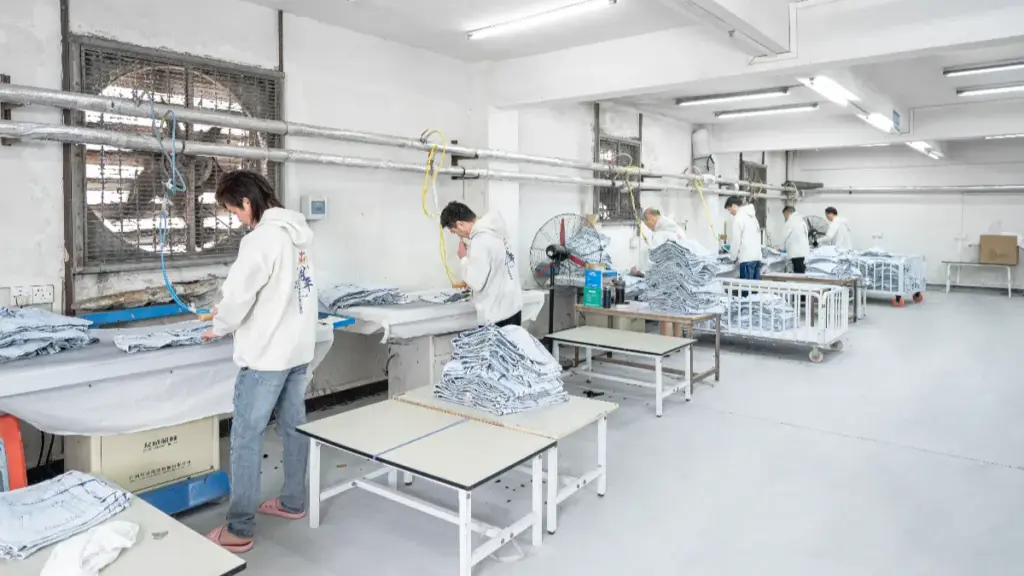
La producción de pantalones cortos de mezclilla se concentra en regiones con una gran experiencia técnica., operaciones rentables, y cadenas de suministro maduras. Estos centros atienden tanto a marcas del mercado masivo como a marcas boutique., cada uno aprovechando las fortalezas locales en control de calidad, iniciativas de sostenibilidad, y capacidades de respuesta rápida.
Asia
Asia domina la fabricación de pantalones cortos de mezclilla a través de una amplia base de proveedores verticalmente integrados en China., Bangladesh, y pakistán. Estas fábricas combinan la artesanía tradicional con avanzada técnicas de acabado como el láser angustioso, lavado de ozono, y controles de calidad impulsados por IA que cumplen con los estándares AQL2.5. La compatibilidad con pedidos de lotes pequeños y tiradas OEM de gran volumen brinda flexibilidad a las marcas, mientras que las cadenas de suministro integradas a menudo reducen los plazos de entrega entre un 20% y un 30% sin sacrificar los precios competitivos.
Europa
Los productores europeos destacan en pantalones cortos de mezclilla premium, combinando lavados artesanales, costura de precisión, y materiales como orillo italiano o mezclas de algodón Tencel. Instalaciones en Italia, Pavo, y Portugal cumplen con REACH y GOTS, Apoyar el abastecimiento ético y sostenible.. Aunque los plazos de entrega pueden alcanzar de seis a ocho semanas, ajuste consistente, innovación de telas, y la artesanía justifican la inversión para marcas boutique y de lujo.
Centroamérica
México, Honduras, y Guatemala fortalecen infraestructura textil para impulsar manufactura regional. Muchos proveedores operan bajo certificación WRAP o BSCI., Alinear el abastecimiento responsable con velocidades de producción eficientes.. Las cantidades mínimas de pedido de 500 a 1000 unidades se adaptan a marcas medianas, y proximidad a EE.UU.. mejora la logística. Con una creciente adopción de sistemas de teñido con ahorro de agua y lavado de piedras ecológicas, la región ofrece una combinación equilibrada de costos, velocidad, y sostenibilidad.
Sudeste Asiático
Vietnam, Indonesia, y Camboya emergen como opciones ágiles para la producción de shorts de mezclilla. Las instalaciones cuentan con corte de patrones automatizado y acabado con desvanecimiento por láser., respaldado por el seguimiento de la producción de ERP y el cumplimiento de ISO9001. Los plazos de entrega de 45 a 60 días se adaptan a las marcas que buscan tanto control de costos como adaptabilidad.. El creciente uso de hilos de algodón reciclados y procesos de teñido con bajo consumo de agua refleja el cambio de una fabricación puramente de bajo costo a una fabricación técnicamente capaz., desarrollo de mezclilla impulsado por el diseño.
10 Fabricantes recomendados de pantalones cortos de mezclilla
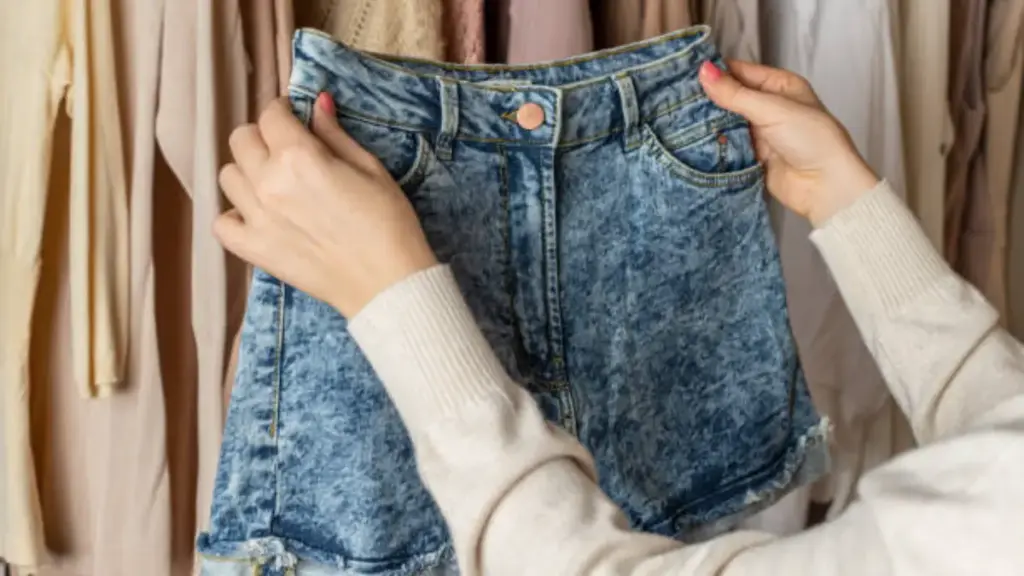
Asociarse con fabricantes verificados garantiza la calidad, fiabilidad, y cumplimiento. Aquí están 10 productores confiables de pantalones cortos de mezclilla:
1. Vaqueros Changhong
Fundado sobre 20 hace años que, Vaqueros Changhong es un fabricante integrado verticalmente especializado en pantalones cortos de mezclilla. Ofrecen producción OEM/ODM con opciones de personalización completas., incluyendo lavados únicos, adornos, y encaja. Conocidos por su compromiso con la sostenibilidad., Changhong Jeans utiliza materiales y procesos ecológicos como el lavado con láser y el lavado con ozono., reducir significativamente el uso de agua. Sus modernas instalaciones garantizan una producción eficiente, Cumplir con altos estándares de calidad para pedidos de lotes grandes y pequeños..
2. Saitex
Fundada en 2012 en Vietnam, Saitex ha sido reconocida mundialmente por la fabricación sostenible de mezclilla. Sus instalaciones se centran en tecnología avanzada y procesos ecológicos., incluido el reciclaje 98% de agua y utilizando energía solar. Saitex se especializa en la producción de shorts vaqueros de alta calidad para las principales marcas., con un fuerte énfasis en prácticas laborales éticas y responsabilidad ambiental.
3. sentarse mezclilla
Fundada hace décadas, Calik Denim es un destacado fabricante turco que se especializa en productos de mezclilla de primera calidad., incluyendo pantalones cortos de mezclilla. Son conocidos por su innovadora tecnología de tejidos., procesos de teñido que ahorran agua y sistemas de lavado láser digitales. Calik Denim atiende a marcas de alta gama que buscan personalización tanto en tejidos como en acabados de prendas..
4. BendiceDenim
BlessDenim se centra en pantalones cortos de mezclilla de calidad boutique, Ofreciendo fabricación personalizada con cantidades mínimas de pedido pequeñas y flexibles. (Cantidad mínima de pedido). Con 14 Años de experiencia, se destacan por ofrecer lavados únicos, adornos, y soluciones de marca. Su énfasis en materiales sostenibles y prácticas éticas los convierte en la opción preferida para marcas de alta gama que buscan diseños exclusivos..
5. Isko
ISKO es líder mundial en la producción de telas de mezclilla, pero también ofrece servicios completos para prendas a través de su red.. Son particularmente conocidos por su tecnología de tejido premium., como Smart-Indigo™, y colaboran con fabricantes para crear pantalones cortos de mezclilla de alta calidad para marcas de lujo y del mercado masivo..
6. Vicuña Textil
Vicuña Textil, con base en brasil, Se especializa tanto en la producción de telas como en prendas terminadas como pantalones cortos de mezclilla.. Ofrecen una amplia gama de opciones personalizadas., desde mezclas de telas hasta acabados, y tener una fuerte presencia en el mercado latinoamericano. Su compromiso con la innovación y la calidad los ha convertido en un socio confiable para las marcas que buscan abastecimiento específico para una región..
7. tavex
tavex, con operaciones en México y España, es conocido por producir pantalones cortos de mezclilla y otras prendas terminadas con un enfoque en telas de primera calidad.. Proporcionan un servicio completo de producción con un fuerte énfasis en la personalización., desde el ajuste hasta los acabados, y servir a una variedad de marcas globales que buscan abastecimiento cercano a la costa..
8. Grupo Peonía Negra
Fundada en China, Black Peony Group se especializa en la producción OEM y ODM de pantalones cortos de mezclilla.. Ofrecen fabricación tanto en lotes pequeños como a gran escala., centrándose en la mezclilla de alta calidad, lavados personalizados, y adornos. Black Peony Group es conocido por su flexibilidad y tiempos de entrega confiables, lo que los convierte en una buena opción para marcas de nivel medio a alto.
9. Textil de prosperidad
Textil de prosperidad, un actor importante en China y Vietnam, ofrece prendas de mezclilla de primera calidad, incluyendo pantalones cortos de mezclilla. Se centran en mezclas de tejidos innovadoras y procesos de teñido sostenibles., Garantizar que cada pieza sea ecológica y de alto rendimiento.. Prosperity es una gran opción para las marcas que priorizan tanto la calidad como la sostenibilidad..
10. Ropa Ganci
Ganci Clothing es un fabricante experimentado de pantalones cortos de mezclilla personalizados., proporcionando servicios OEM y ODM de alta calidad. Con un enfoque en soluciones de marca privada y de marca personalizada., atienden a marcas que buscan flexibilidad en el diseño, adaptar, y opciones de lavado. Su capacidad de producción global garantiza entregas oportunas y una calidad confiable..
Soluciones de mezclilla personalizadas diseñadas para su marca
Asóciese con Guangzhou Changhong Garment para una integración vertical, producción sostenible de mezclilla. El equipo gestiona cada etapa, desde el tejido y el teñido hasta el acabado con ozono y láser, garantizando ajustes precisos., tonos de lavado consistentes, y entrega rápida de muestras. Los programas de MOQ bajo y los plazos de entrega típicos de 4 a 6 semanas permiten probar o escalar el diseño fácilmente sin grandes compromisos de inventario..
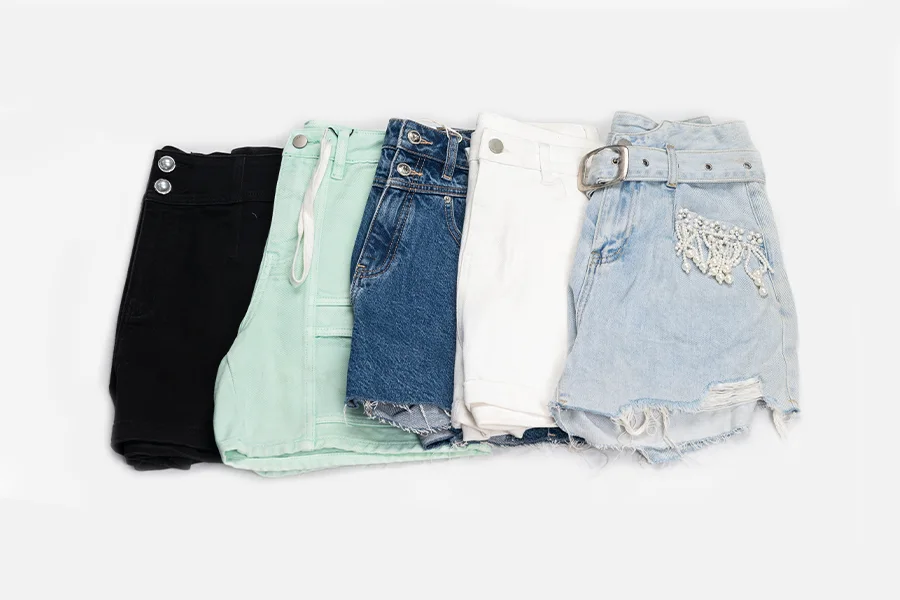
Cómo elegir los fabricantes de pantalones cortos de mezclilla adecuados

Elegir el fabricante adecuado de pantalones cortos vaqueros influye directamente en la calidad, plazos de entrega, y posicionamiento de marca. Los socios experimentados entienden la construcción de mezclilla, fuente responsable, y alinear los cronogramas de producción con las temporadas minoristas. La clave es verificar su credibilidad., cumplimiento, y adaptabilidad antes de comprometerse con un contrato a largo plazo.
Evaluación de la reputación y la experiencia del proveedor
Investigue el historial de cada fabricante y confirme las referencias de marcas establecidas.. Los proveedores con al menos una década de experiencia exportadora e historiales de producción transparentes tienden a ser más confiables.. Las instalaciones auditadas según BSCI o WRAP suelen mantener estándares laborales y de procesos más estrictos.. en mi experiencia, Las operaciones verticalmente integradas, desde el tejido hasta el lavado interno, mantienen un control de calidad más estricto y al mismo tiempo aceleran la entrega..
Evaluación de los procesos de inspección y control de calidad
Busque controles de calidad de varias etapas, desde pruebas de tejidos crudos hasta inspecciones de costuras en línea y auditorías de embalaje final. Asegúrese de que cumplan con un estándar AQL2.5 o más estricto para minimizar los defectos.. Muchas plantas líderes ahora mantienen registros digitales de control de calidad y contratan auditores independientes como SGS o Intertek., Algunos utilizan la detección de cámaras con IA para detectar irregularidades en el lavado.. Esta precisión admite un tamaño consistente y mantiene bajas las tasas de retorno..
Entendiendo la cantidad mínima de pedido, Flexibilidad de precios, y personalización
Confirme que las cantidades mínimas de pedido se ajusten a las necesidades de su mercado: 200 a 500 unidades por estilo ofrece agilidad para nuevas etiquetas o lanzamientos de temporada. Analice los precios que tienen en cuenta acabados especiales como el ozono o la decoloración por láser y telas como el algodón reciclado o Tencel.. Dar prioridad a los proveedores que ofrecen servicios completos de OEM/ODM y creación rápida de prototipos., ya que estos pueden mover un diseño desde el concepto hasta el volumen en menos de 30 días, mantener las colecciones competitivas.
Verificación de certificaciones y estándares de cumplimiento
Solicite certificaciones actualizadas, incluida ISO9001, BSCI, ENVOLTURA, OEKO-TEX®, GOTS, y BCI, verificar prácticas laborales éticas y abastecimiento sostenible. Algunas fábricas también monitorean el uso de agua y químicos., logrando aproximadamente 40% Ahorro mediante procesos de ecolavado.. Trabajar con socios acreditados protege la credibilidad de la marca y garantiza la alineación con los requisitos de sostenibilidad de los principales minoristas..
Desafíos comunes al adquirir pantalones cortos de mezclilla (y cómo evitarlos)
Adquirir pantalones cortos de mezclilla puede ser un desafío debido a la calidad inconsistente, plazos de entrega poco confiables, y costos de producción ocultos. Aquí hay algunos puntos que puedes notar.:
- Inconsistencia de calidad: Los pantalones cortos de mezclilla a menudo varían en la textura de la tela., puntadas, o color debido a diferentes estándares de producción. Para evitar esto, solicitar muestras de preproducción, definir especificaciones técnicas claras, y trabaje solo con proveedores verificados que implementen un estricto control de calidad en cada etapa de la producción..
- Producción o envío retrasados: Los plazos de entrega pueden extenderse debido a la escasez de tela, tiempo de inactividad de la máquina, o mala programación. Establecer plazos claros en los contratos., mantenga actualizaciones periódicas con su proveedor, y planifique un tiempo de reserva en su programa de producción para minimizar los retrasos.
- Costos ocultos o poco claros: Tarifas inesperadas por lavados, adornos, o el embalaje pueden aumentar los costos totales. Solicite un desglose de costos transparente antes de que comience la producción y confirme que todos los procesos estén incluidos en la cotización para evitar sorpresas de último momento..
- Brechas de comunicación: Malentendidos en el tamaño., efectos de lavado, o el etiquetado puede dar lugar a productos defectuosos. Utilice paquetes tecnológicos detallados, muestras aprobadas, y referencias visuales para garantizar que ambas partes comprendan claramente las expectativas de su producto..
- Riesgos de cumplimiento y sostenibilidad: Algunas fábricas de mezclilla pueden pasar por alto la mano de obra, seguridad, o normas medioambientales. Elija proveedores con certificaciones válidas como BSCI, ISO, o OEKO-TEX, y priorizar a aquellos que utilizan métodos de producción éticos y de lavado de mezclilla ecológicos..
Pensamientos finales
Elegir el fabricante de pantalones cortos de mezclilla adecuado equilibra la calidad, fiabilidad, cumplimiento, y flexibilidad. Evaluar certificaciones, capacidad de producción, y capacidades de personalización antes de comprometerse. Asociación con proveedores verificados como Changhong Jeans, garantiza una calidad constante del producto, prácticas éticas, y cadenas de suministro más fluidas, permitiendo que su marca crezca con confianza en mercados competitivos.
Preguntas frecuentes
¿Qué composiciones de tejidos funcionan mejor en los mercados globales??
Las mezclas de algodón premium con 2-3 % de elastano brindan comodidad confiable y una forma duradera.. Los minoristas que priorizan la sostenibilidad prefieren cada vez más los tejidos fabricados con algodón orgánico certificado GOTS o fibras recicladas.. Una recuperación prolongada de alrededor 10% Mantiene la silueta al tiempo que mejora la portabilidad en climas más cálidos..
¿Cómo afectan la MOQ y el tiempo de entrega a la rentabilidad??
Los MOQ más bajos liberan capital y permiten que las nuevas etiquetas prueben diseños con un riesgo reducido. Los plazos de entrega prolongados (más de sesenta días) pueden perjudicar el flujo de caja y retrasar las caídas estacionales., mientras que los volúmenes de pedidos equilibrados y la programación ágil protegen los márgenes. Los mejores resultados provienen de fábricas que entregan dentro de 30 a 45 días bajo AQL. 2.5 controles de calidad.
¿Qué regiones dominan la producción de mezclilla??
Asia sigue siendo el líder de producción, China ofrece integración vertical y Bangladesh atrae a grandes compradores mediante el cumplimiento de WRAP y BSCI.. Italia y Turquía destacan en Europa por acabados premium y técnicas láser avanzadas. Centroamérica amplía su participación al reducir tiempos de transporte a EE.UU.. y adoptar un lavado de ozono ecoeficiente.
Cómo evaluar la confiabilidad del proveedor?
Revisar carteras de clientes y verificar credenciales como ISO 9001, BSCI, o GOTS. Las fábricas confiables responden en un día y mantienen una trazabilidad total, incluyendo el origen de la tela y los informes de prueba.. La observación de la línea de muestreo a menudo revela equipos ágiles y flujos de trabajo transparentes., ambos fuertes indicadores de producción confiable.
¿Cuáles son los 2026 pronósticos de tendencias?
La sostenibilidad será innegociable, con el lavado con láser y ozono reemplazando los métodos que requieren un uso intensivo de agua para reducir el uso de recursos en alrededor del cuarenta por ciento. Las colecciones enfatizarán la personalización, producción en lotes pequeños, y adornos únicos, incluyendo herrajes metálicos con contenido reciclado, Posicionar marcas para destacar en segmentos competitivos de mezclilla..

